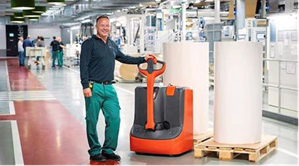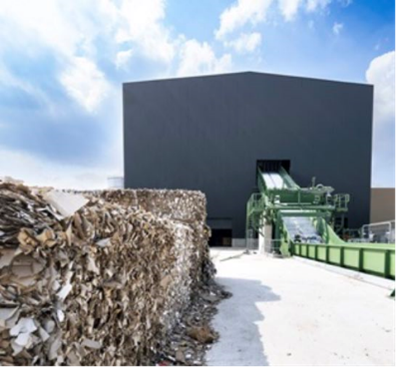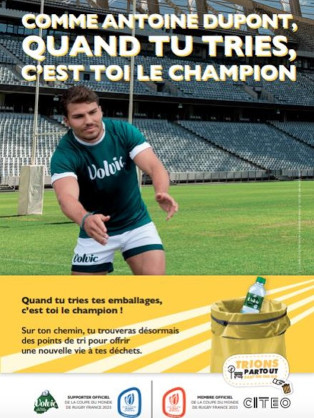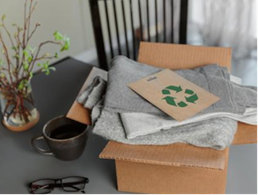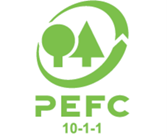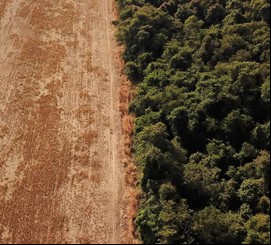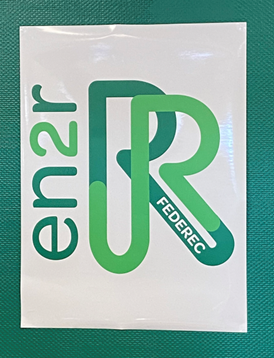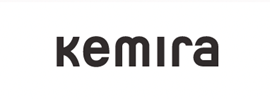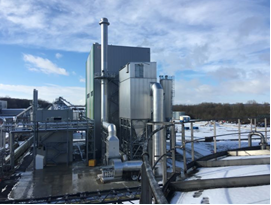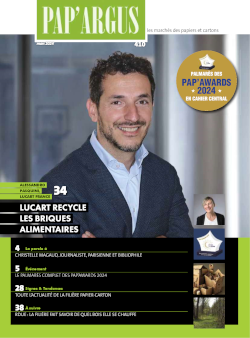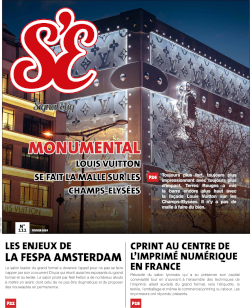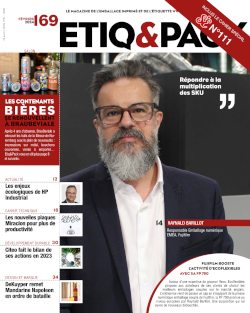By implementing the EU Green Deal package, Europe can offer the world a climate-friendly industry model. This means that abandoning fossil fuels as an energy source for European industries must go hand in hand with preserving the global competitiveness of the Union’s manufacturing sector. The opposite is likely to lead to a deindustrialization of Europe and unintentionally increase global CO2 emissions. EU industries, comparatively cleaner, would lose ground to its global competitors. The pulp and paper sector already has an impressive record of decoupling economic growth and carbon emissions, with a 39% reduction in CO2 emissions since 2005. Le Cepi (European Confederation of Paper Industries), led by Jori Ringman (pictured), and an alliance of energy sector support organizations propose a checklist of five critical conditions and policy demands. They are: 1)Ensuring industry access to abundant, affordable and fossil-free energy; 2)Facilitating the production of renewable energy on site and enabling industry to contribute to Europe’s energy self-sufficiency; 3) Promote voluntary industry integration to reduce emissions at system level; 4) Implement financial instruments to mitigate risks associated with industrial investments in new facilities or major renovations; 5) Encourage innovation in energy efficiency and the integration of renewable energies in industrial processes.
Published on 14/12/2023





